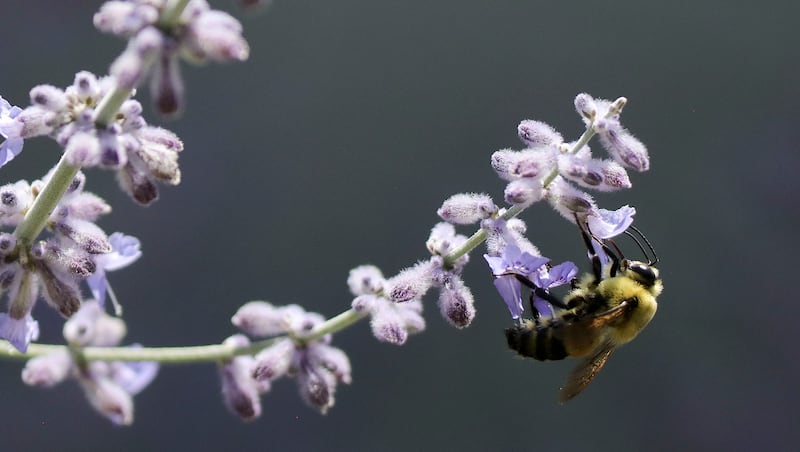Researchers Test 64 Natural Remedies for Depression — Here's What They Found

Understanding the Effectiveness of Over-the-Counter Remedies for Depression
Depression is a prevalent and widely discussed mental health condition that affects millions of people globally. Its symptoms can vary significantly, ranging from persistent feelings of sadness and loss of interest in activities to changes in appetite, sleep disturbances, and fatigue. While prescription medications remain a primary treatment option, many individuals turn to over-the-counter (OTC) natural remedies and supplements, hoping they can alleviate their symptoms.
The question remains: do these OTC products actually work? A recent study conducted by an international team of researchers sought to answer this by analyzing data from more than 209 clinical trials involving 64 different OTC products used by adults aged 18 to 60. The findings were published in the journal Frontiers in Pharmacology.
Focusing on Depression Symptoms
The study specifically evaluated the effectiveness of these products in addressing depression symptoms. It is important to note that while some of these remedies may offer benefits for other aspects of health or well-being, the research did not explore those areas. Additionally, the study did not examine differences in dosage, which could impact the outcomes.
The research team, which included experts from institutions in the UK, Peru, and Taiwan, narrowed down nearly 24,000 studies and 1,367 papers to 209 clinical trials where a product was taken for at least a week. They also plan to publish additional findings on OTC products for anxiety and insomnia.
Evaluating the Evidence
Lead author Rachael Frost, a senior lecturer at Liverpool John Moores University and an herbal medicine expert, outlined how the findings were categorized based on the level of evidence. Products were grouped into three categories: those with substantive evidence (at least 10 clinical trials), emerging evidence (between two and 10 trials), and those with only a single trial.
Among the products with substantial evidence, omega-3s, St. John’s Wort, probiotics, vitamin D, and saffron stood out. These remedies were found to have a significant impact on depression symptoms. St. John’s Wort and saffron showed effects comparable to prescription antidepressants, while probiotics and vitamin D were more likely to reduce depressive symptoms than a placebo.
Omega-3s, however, did not consistently outperform a placebo, as fewer trials found positive effects compared to those that did not. This suggests that while some products show promise, others require further investigation.
Promising but Inconclusive Results
Of the 18 products examined in between two and 10 clinical trials, several showed potential. These included folic acid, lavender, zinc, tryptophan, rhodiola, and lemon balm. Bitter orange, Persian lavender, and chamomile tea also demonstrated positive effects in two trials each.
Some popular supplements like melatonin, magnesium, and curcumin had mixed results across multiple trials. Similarly, cinnamon, echium, vitamin C, and a combination of vitamin D plus calcium showed inconsistent effects. Prebiotics and SAMe, a supplement known for supporting mood, did not appear to be more effective than a placebo.
Limited Data and Safety Concerns
Forty-one products were evaluated in only a single trial, which provides a starting point but not conclusive evidence. Frost emphasized the need for more research to determine the true effectiveness of these remedies.
While the study found no significant safety concerns, it also highlighted the importance of consulting a healthcare professional before using any of these products. This is because some remedies may interact with other medications or have unforeseen side effects.
Additionally, the researchers noted that safety reporting in the clinical studies was not as robust as it should be. They called for higher standards in reporting safety concerns to ensure that users are fully informed.
Unstudied Remedies
Interestingly, the analysis also revealed that some commonly used remedies, such as ginseng, ginkgo, lime flowers, orange blossom, and peppermint, have not been evaluated in clinical studies. This gap in research underscores the need for further exploration into the efficacy and safety of these products.
The study aims to serve as a foundation for individuals seeking to understand which OTC remedies might help with depression symptoms. Frost concluded that the research has paved the way for future studies to assess these widely used health products more thoroughly.
Post a Comment for "Researchers Test 64 Natural Remedies for Depression — Here's What They Found"
Post a Comment